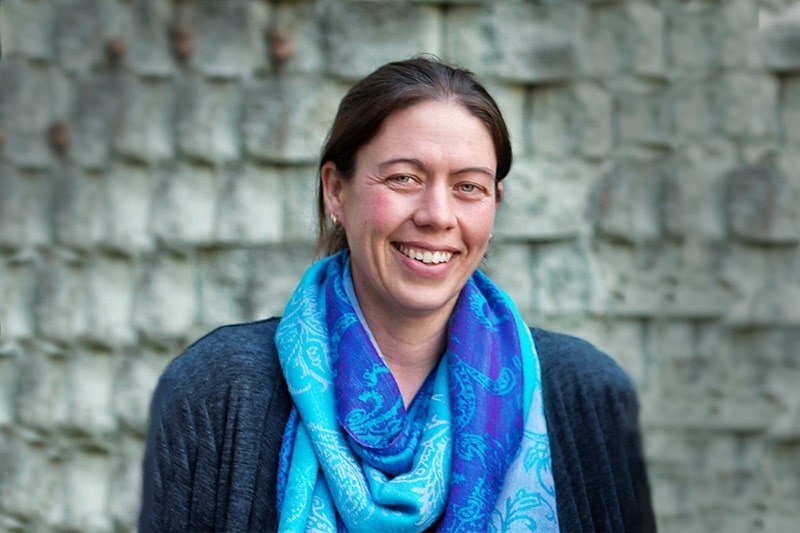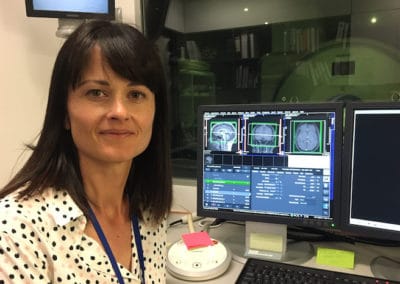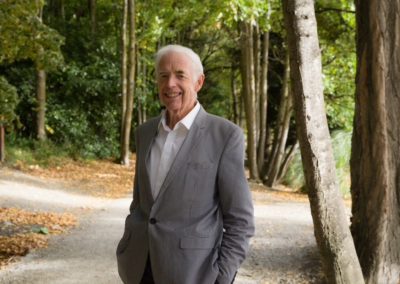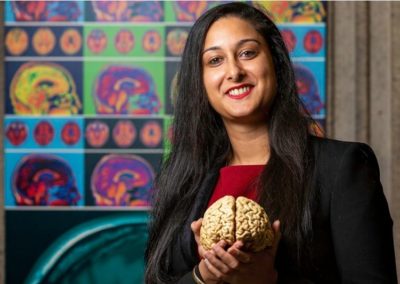Tell us a little bit about your research, what do you do? What do you enjoy most about your work?
I work in Parkinson’s disease research. I am particularly interested in the epidemiology of Parkinson’s, both in global terms and also identifying New Zealand-specific trends.
I also contribute to the ongoing Christchurch Parkinson’s Longitudinal Cohort. In particular, I coordinate the collection of blood samples for genetic and plasma-based analyses. These samples have contributed to a number of international efforts to understand genetic contributions to the disease.
How did you get interested in (neuro)science?
My undergraduate degree was in anatomy, I liked learning about how the body worked. The brain was intriguing as there seemed to be (and still is) so much about its function, in health and disease, that remains unknown.
Which (female) scientist inspires you most? Who is your science icon?
I don’t really have a science icon. I think it is good to observe a wide range of people and identify what makes each person effective in their role/job and to try and implement examples of these effective traits/behaviours into your work practice. This could be identifying ways to improve your time management skills, something that is highly beneficial in science.
That said, Marie Curie and Rosalind Franklin show us that women have always been doing high impact science/research. There is no reason to think that we (as women) can’t continue to make significant contributions.
What were the greatest challenges you have faced as a female scientist? How have you overcome them?
By far the greatest challenge in science/research is securing research funding, this is even more important if you are fully-funded by research grants (i.e. not employed by a university as a lecturer). This challenge is not gender-specific though, our male counterparts face the same challenges.
Like all women, the decision to have (or not to have) a family is likely to generate comment from others. I have been lucky enough to work in a supportive environment, thus making the decision to have a family and to continue working (part-time) with young children has been relatively stress-free. I have a lot of flexibility around my working hours and the bulk of my research is computer-based (rather than lab-based), so as long as you are able to maintain your motivation levels, you can keep your research moving forward.
What needs to change to make things better for the next generation of women and girl scientists?
Bias (unconscious and conscious) against women in science is still an issue. For this to change everyone needs to acknowledge this and be able to identify examples of it. If (or when) we find ourselves in a position to remove a barrier or reduce the impact of a bias we need to act in a positive way to break the cycle and effect change when in leadership roles.
What advice would you give to young women and girls today?
If you are interested in something, pursue it. Try not to let the preconceived ideas of others derail your dreams and ambitions. Seek knowledge and experiences, this will help you identify topics that interest you.
Dr Toni Pitcher is a Senior Research Fellow at the University of Otago, Christchurch, and Associate Investigator at Brain Research New Zealand.
Read about more inspiring neuroscientists in our Women in Science series.



